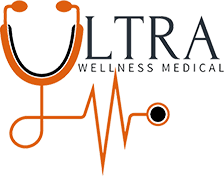In the assessment of cardiovascular disease (ASCVD), beyond looking at risk factors from certain disease states, lifestyle factors, and family history, how can we determine the risk of early vascular disease and the need for aggressive intervention? As I discussed previously, we know that elevated cholesterol, particularly LDL, does play a role in the risk of developing vascular blockage. So, lets look at some basics of cholesterol as a risk factor and why it is so imprtant.........
Our body gets cholesterol primary from either producing it inside our cells or directly from the food we eat. Cholesterol is a waxy substance, important for the make-up of the outside layer of cells in our body as well as being a building block for the production of various chemicals or hormones that keep us alive and thriving. We need cholesterol, but too much is a problem. As a oily/waxy substance, it does not travel free in our watery/liquid blood stream. It is instead transported by substances called lipoproteins. Your doctor will measure these lipoproteins and get a report which has the amount of cholesterol in each one, such as the previously mentioned LDL (low density lipoprotein "bad cholesterol"), or HDL (high density lipoprotein "good cholesterol"). This basic report can be useful for individuals with very high cholesterol levels, and those with know heart disease in which lipid lower would be recommended. This is also true for the fortunate individual with very low cholesterol levels who may have less risk of heart disease based on these values. However, what about the person with average or borderline high levels of cholesterol who is otherwise in good health? Is cholesterol a risk of ASCVD for them?
More advanced blood lipid markers have been readily available for years. Theses can be evaluated as part of other routine labs, are relatively inexpensive, and can help answer the question above. Some of these markers which we look at include Lpa (lipoprotein "little" a), ApoB, and hsCRP. Without getting into specific details on each, these taken as a whole can help risk stratify individuals and give doctors an idea who might be at higher risk for heart disease and in turn require more aggressive, preventative treatment. In Europe, many of these labs are standard of care, but in the U.S. we lag behind implementing these on a more routine basis.
Prevention of cardiovascular disease encompasses an individualized approach towards disease. We need to look at factors such as family history, lifestyle, and current disease states, but the addition of appropriate lab testing to help risk stratify and build a plan tailored to each person's needs is crucial. The sooner we start, the better chance we have to prevent long-term damage and the consequences of heart attack, stroke, etc. that can develop. As always, do your own research, ask your doctor or provider about these tests, and if they are unwilling or don't want to learn more about them, maybe it is.........?????


